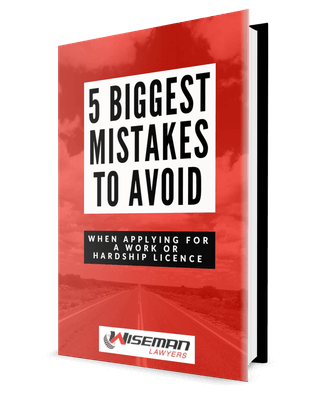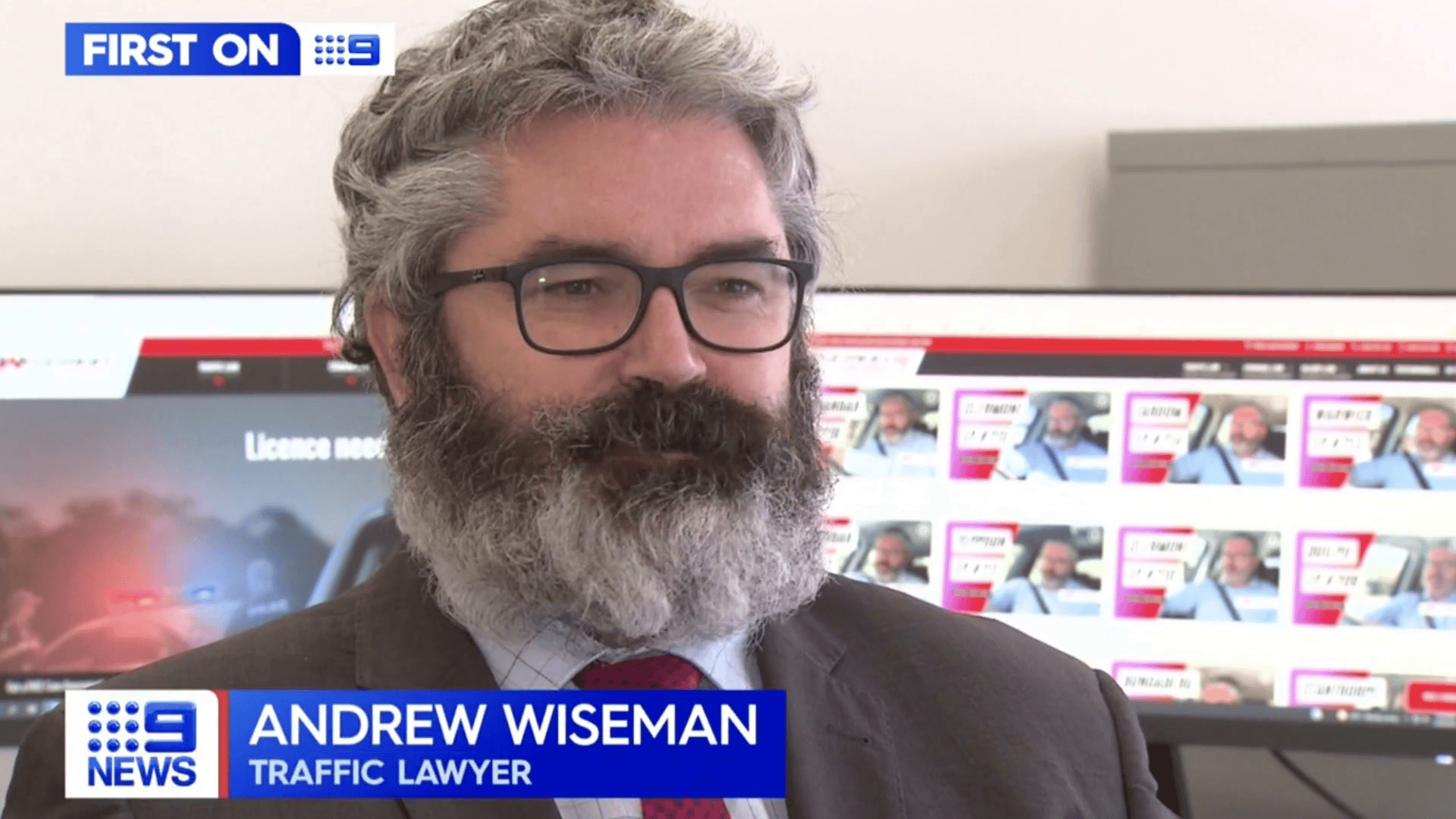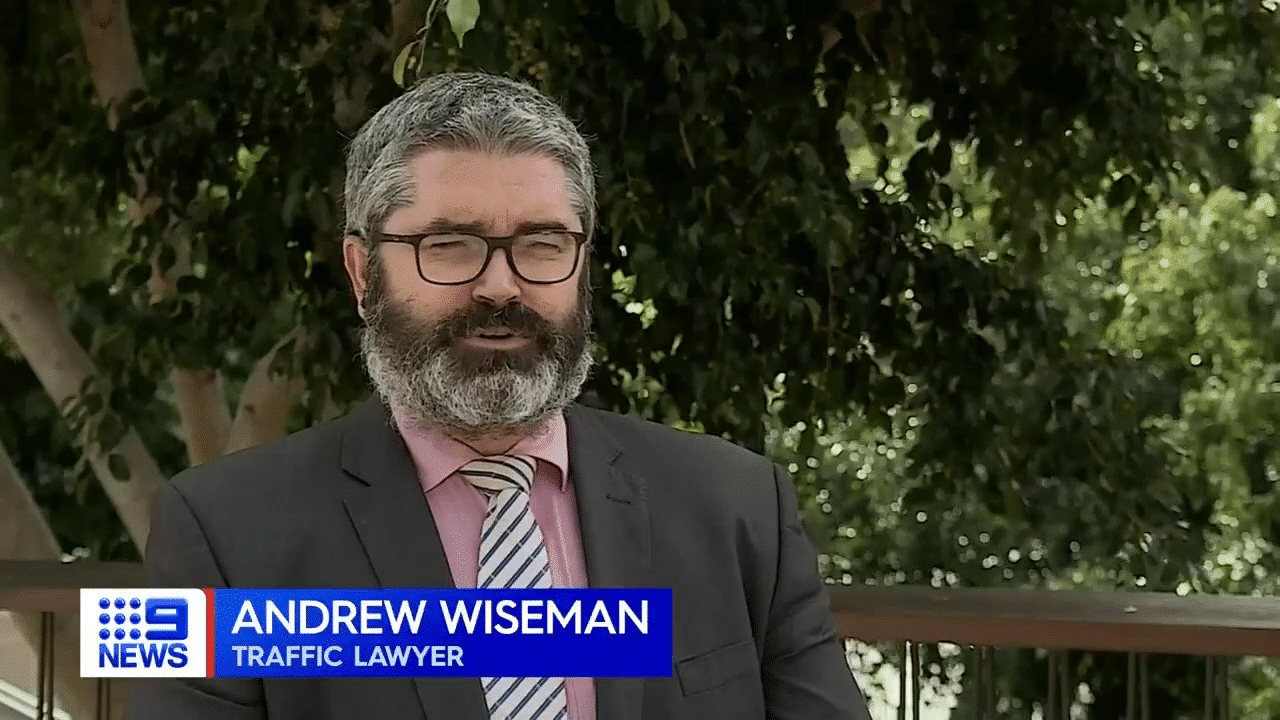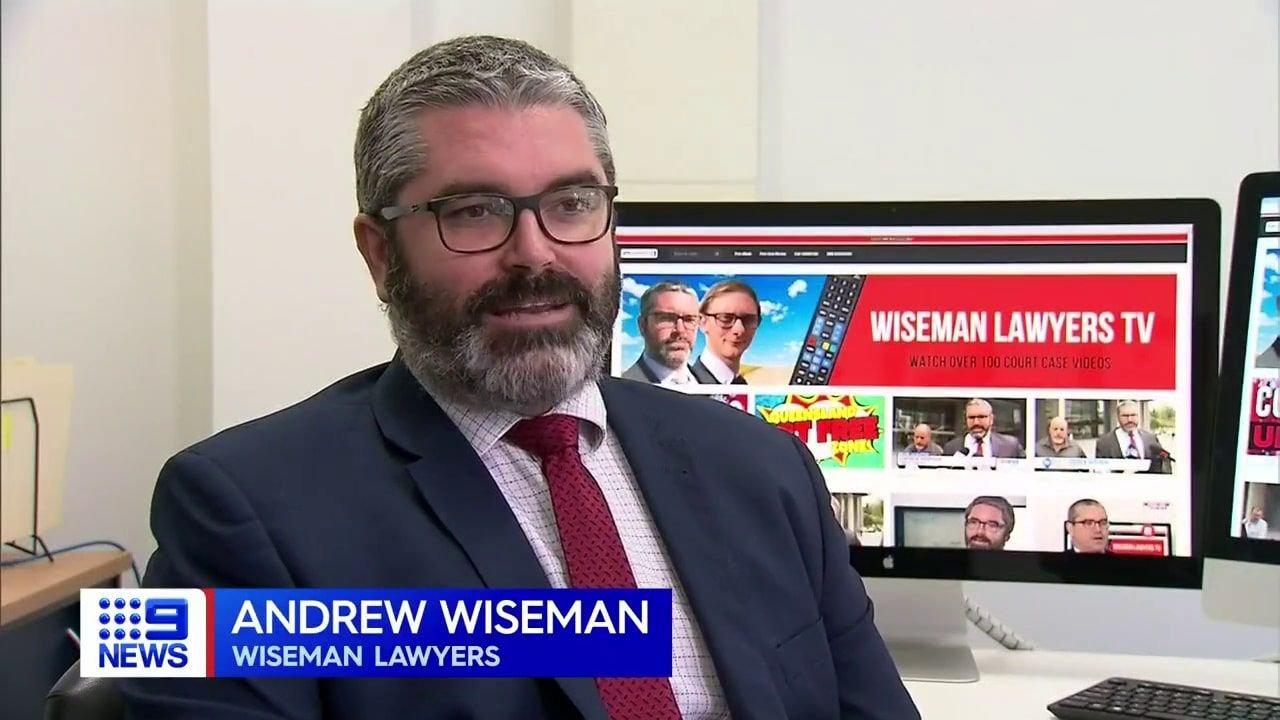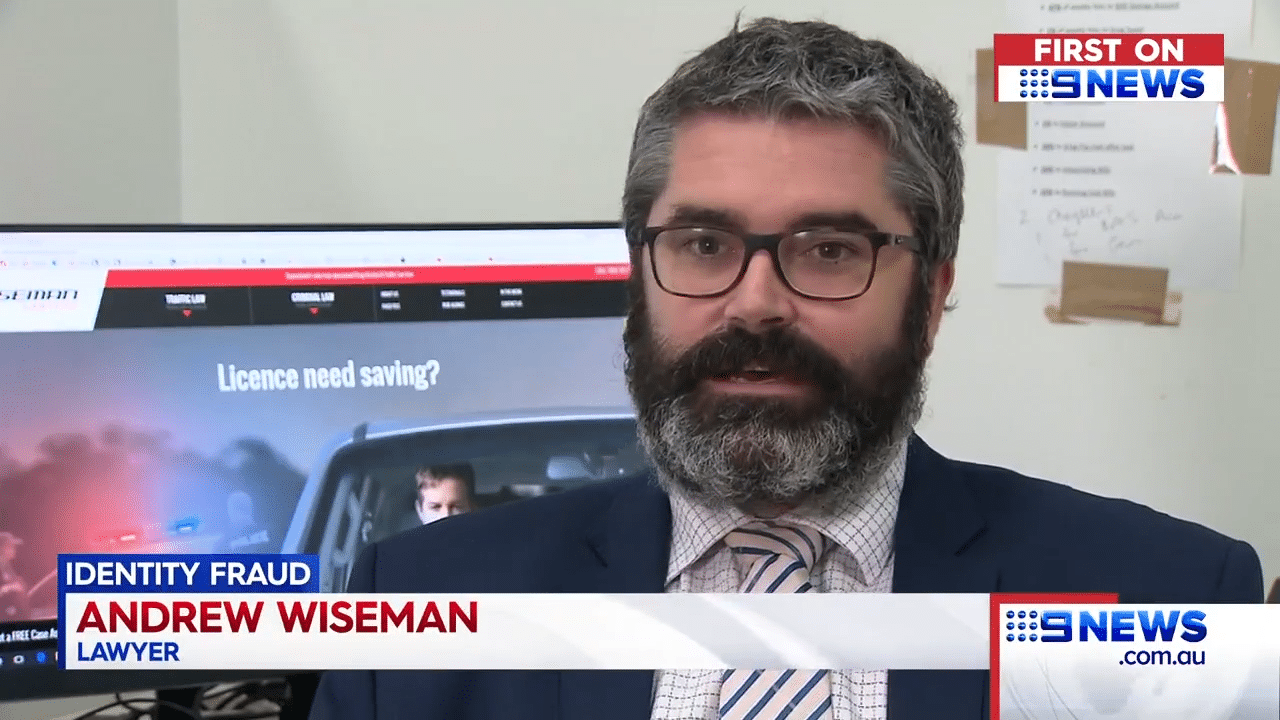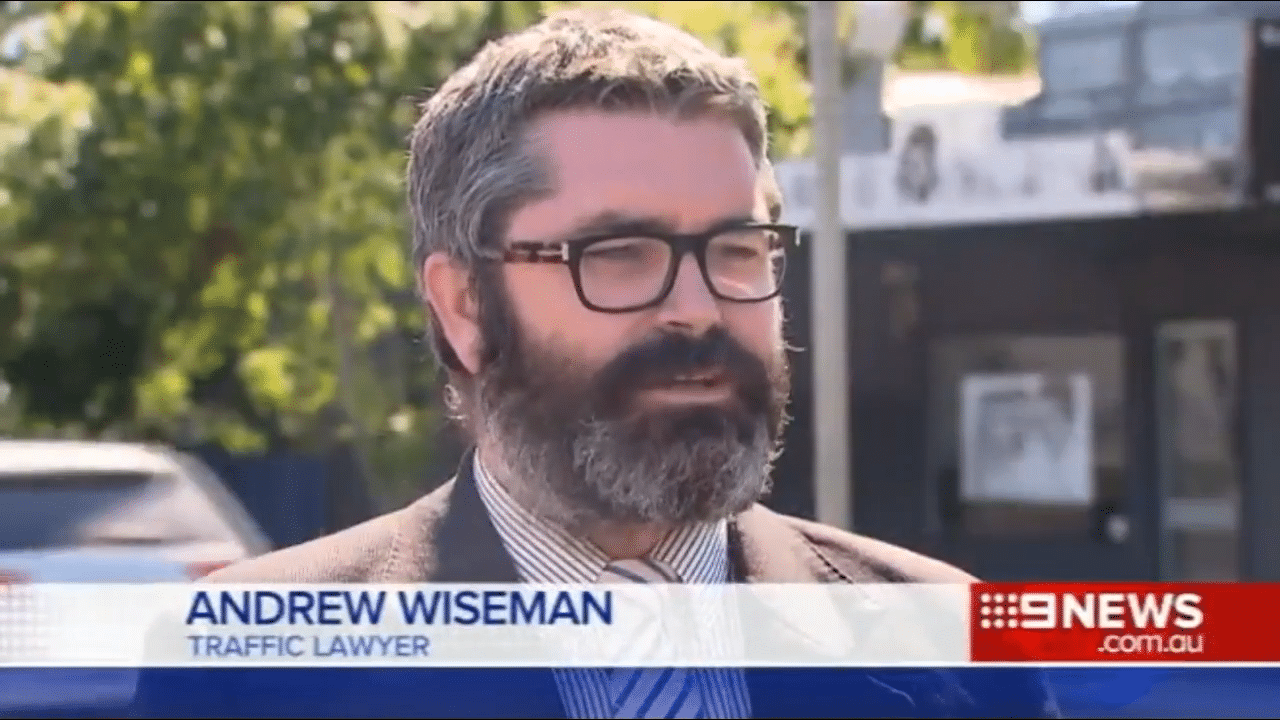Join Wiseman Lawyers Traffic Lawyer Andrew Wiseman at Beenleigh Magistrates Court as he represents a client charged with Drink Driving. Watch Andrew explain what happened in the courtroom, along with the outcome which he achieved and how he achieved it.
All right, today I’m at Beenleigh Magistrates Court. Client was charged with repeat high-range drink driving. This time it was a reading of .281, so 0.281. It was her fourth DUI and her third high-range. Previous readings of 0.355, one before that 0.298, and the one before that 0.051. I won’t say fortunately but lucky for her they weren’t within the last five years. If any of those had have been within the last five years we would have been in dire straits. And if there was two high-ranges in the last five years it would have been mandatory jail. But, as I said, today .281. Previous a bit over five years ago of 0.355, another one of 0.298, and another one of 0.051.
To put it in perspective if someone’s got their third high-range in five years it’s mandatory imprisonment, so the magistrate has no choice but to hand down imprisonment. As I said, given that they weren’t in the last five years imprisonment was not mandatory but given that this was, as I said, the third very high-range and fourth DUI in total, even though jail wasn’t mandatory it would have been a live option in the magistrate’s mind. So needless to say my job was doing everything I can to try and avoid imprisonment, as opposed to simply saving her licence or minimising the disqualification.
As you’d expect a number of steps needed to be taken to prepare for today. Got her to attend a reformatory course. The one that we get all of our clients to do, the big course. We give clients a few options but when it’s high risk of jail we insist on the longer and more in-depth course. She did that. Got her to seek … Well she was already getting mental health treatment but step that up a bit and get documentary evidence that she was trying to get on top of her problems.
I drafted detailed written submissions of the case law. As I said, when there’s a high risk of jail you can’t just go to court hoping for the best or saying please and thank you. You need some meat for the magistrate to bite into, so when I say meat summaries of the legislation and case law. The written submissions of the draught had had about five cases where persons had offended as badly, if not slightly in my mind worse and either had … They all got imprisonment but they were given terms of imprisonment that were … Well most of them were given terms of imprisonment that were able to be served in the community.
So what I mean by that is imprisonment doesn’t always mean custody. Imprisonment can be served in a number of ways and it’s not the choice of the person being sentenced, it’s the choice of the magistrate. But worst case is actual custody, going to jail. A step back from that’s immediate parole, which basically means you’ve technically gone to jail but today’s your release date and you’re not on parole for however long the remainder of the imprisonment period is. And by parole, if you don’t know, basically you’ve just got to report to the parole board and do what they say when they say, essentially. A step back from that’s what’s called an intensive correction order, which is much the same as immediate parole but I guess on the scale of things when it’s on your history it doesn’t look quite as bad. But practically speaking you don’t go to jail and you’re effectively on parole for a period.
The step back from that’s a wholly suspended term of imprisonment, which basically means you leave court and that’s the end of it, and the term of imprisonment hangs over your head during the suspension period. So let’s say you get six months jail, suspended for 12 months. For the next 12 months six months jail is hanging over your head. If you can go 12 months without doing anything wrong it vaporises but if you do get charged with anything punishable with imprisonment, and a lot of things are … Not just seemingly serious things, a lot of trivial or seemingly trivial matters technically you can be punished with imprisonment. The imprisonment which is suspended can drop down and you’ll serve it.
That said I’ve had clients in that position and I’ve managed to keep them out of jail by either having the suspended imprisonment converted to immediate parole or persuading the magistrate to extend the term of the suspension, or the suspended imprisonment. But, anyway, what I’m getting at is there’s a number of options available to a magistrate when imprisoning someone and not all of them mean you actually serve custody.
The next step back from that, like going down on the scale of severity, is probation. Probation isn’t a punishment as such. It’s a supervisory order. So probation is similar to parole, in the sense that you go to the probation and parole organisation, report when you’re supposed to, do whatever mental health or alcoholism courses and treatment you need to do. So practically speaking it’s essentially the same as parole but it obviously looks a hell of a lot better on your history and it’s not punishment. The magistrate can’t give you probation unless you agree to it, so it’s a supervisory order. So the magistrates will say, “Look, you need help. I’d like to give it to you. I can’t give it to you unless you consent.” And if you consent, as I said, it’s a supervisory order.
Obviously if you refuse the magistrate’s not going to go backwards and give you a fine. He’s going to go up to the next … Or he or she’s going to go up to the next level on the scale, being wholly suspended imprisonment. So if you go to court and the magistrate’s offering you probation, and you start saying no, you’re going to get some form of imprisonment and obviously that wouldn’t have been a good thing.
So I drafted those written submissions, got the client to do everything I asked them to do. I prepared my verbal submissions before today. Met the client at court; we grabbed a conference room; ran through everything, procedure, what they can expect me to say, what they can expect the magistrate to say, what they can expect the prosecutor to say.
We went in and as a starting point I just said to the magistrate, “Look, the short version of what I’m here today for is to persuade Your Honour to let my client go home.” So sometimes it’s just you got to get to the point and then flesh it out. There’s no point in prattling on for half an hour with the magistrate wondering where you’re going with it and what you’re getting at, so I just, “Your Honour I’m here to try to persuade Your Honour to let my client go home. I’ll flesh it out in a moment but that’s the short version.” Then it was my chance to speak I did exactly that, fleshed out her underlying issues, background, what’s led to her ongoing alcoholism and offending but the steps she’s taken sense to get on top of it, the reformatory courses she’s done, et cetera.
Yeah, just to rehash what we were dealing with, so today was 0.281, priors of 0.355, 0.298, and 0.051. The short version is, A, I was able to persuade the magistrate not to give imprisonment. B, I was able to persuade the magistrate that probation was appropriate and obviously my client consented to that. And, C, even though my job wasn’t really one of getting the disqualification down, it was all about keeping her out of jail, I was able to persuade the magistrate to what I believe, given her history, in the reading was a good disqualification length. So she got 18 months probation, so that basically means for the next 18 months she reports to probation as they see fit, and they’ll make sure she’s on the straight and narrow. As long as she does what she’s told and doesn’t breach it by not showing up or whatever once she’s served the 18 months that’ll be the end of it. And she got a 12 month disqualification.
So, as I said, with readings of .2 and above, with no history, I always tell clients if we can get it under 12 months that’s a good outcome. A lot of the time I’ll get it quite a bit under that but yeah with that reading, 0.281 and with three previous being two high ranges, as I said 0.355 and 0.298, 12 month disqualification’s, in my mind, a very good outcome. So, as I said, 12 month disqualification, 18 months probation. Client’s obviously very relieved. I’m Andrew Wiseman at Beenleigh Magistrates Court, thanks for watching.
